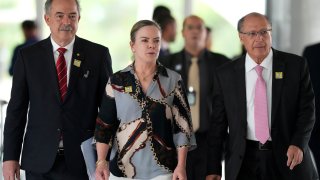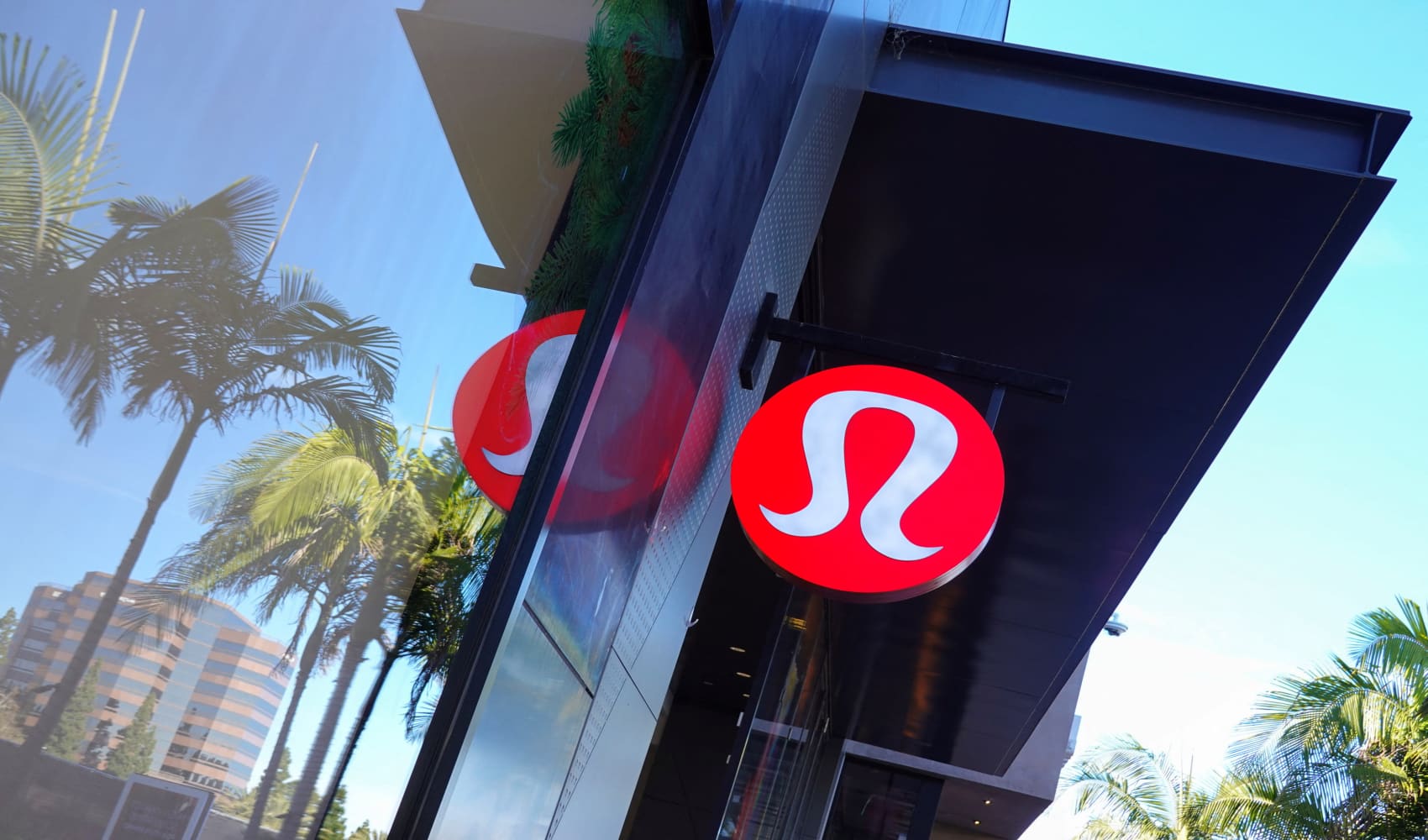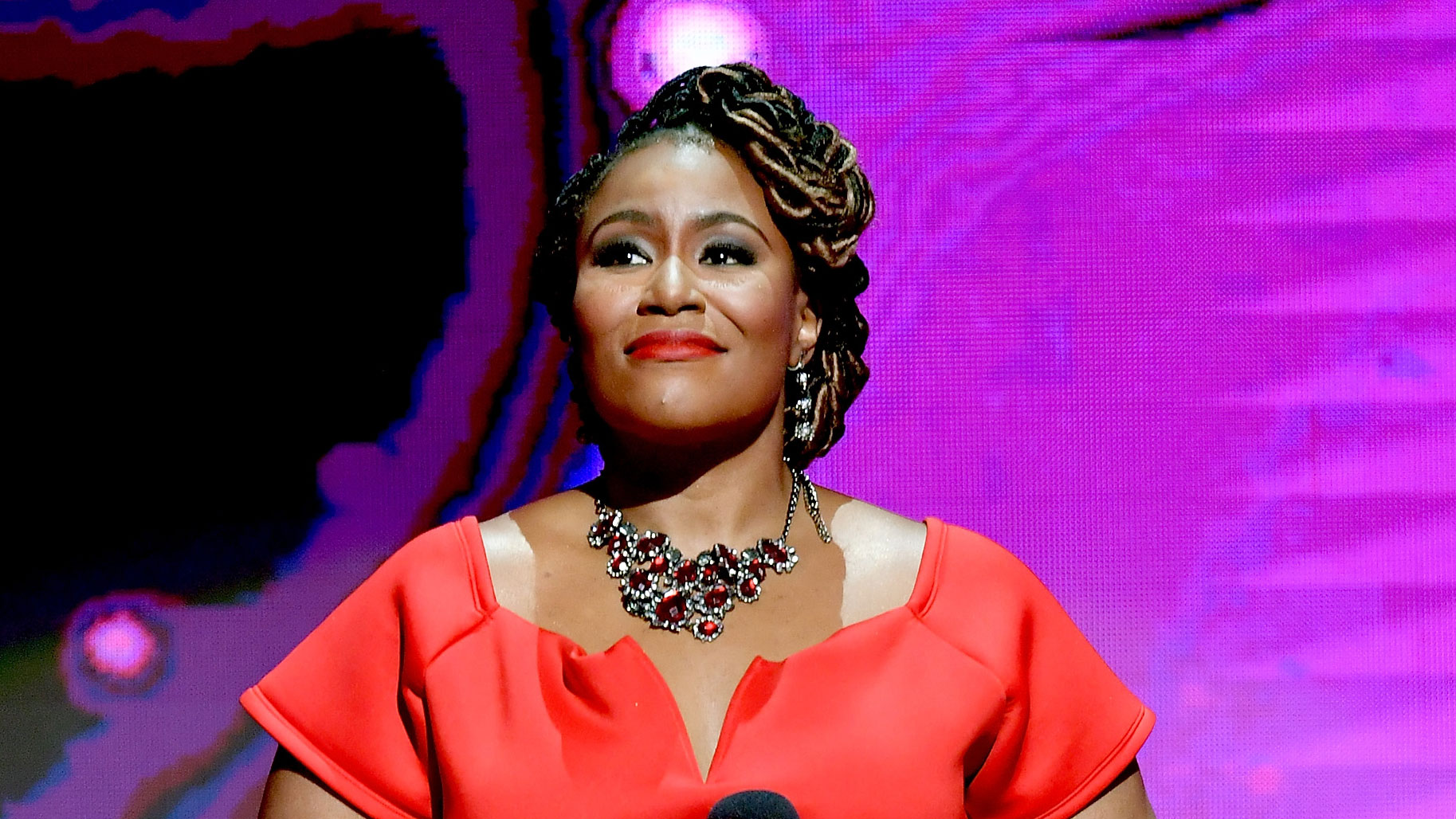
President Jair Bolsonaro met briefly on Thursday with the envoy coordinating the transfer of power to Luiz Inácio Lula da Silva, four days after Bolsonaro's tight election loss that sparked protests by his supporters amid his refusal to publicly concede.
The meeting between Brazil's far-right outgoing president and Vice President-Elect Geraldo Alckmin took place at the presidential palace, according to Alckmin, who heads da Silva's transition team. The team had earlier arrived in the capital of Brasilia, launching the process that will culminate with da Silva’s Jan. 1 inauguration.
While Bolsonaro declined to publicly concede defeat in his first public comments Tuesday, his chief of staff Ciro Nogueira told reporters he had received authorization from the incumbent for the transition process to proceed.
“It was positive,” Alckmin told journalists after Thursday's meeting with Bolsonaro. He refused to answer whether the incumbent had congratulated him for Sunday's victory.
Get a weekly recap of the latest San Francisco Bay Area housing news. Sign up for NBC Bay Area’s Housing Deconstructed newsletter.
Bolsonaro spoke about "the federal government’s readiness to provide every information, help, so we have a transition that is guided by the public interest,” the vice president-elect said.
Alckmin's team's first meeting of the day was with Sen. Marcelo Castro, who is responsible for the government's 2023 budget proposal. The vice president-elect urged lawmakers to adopt an emergency measure to allow new spending that the future administration considers essential, including monthly welfare payments of 600 reals ($118).
Without that emergency action, the current budget would reduce these payments to 400 reals ($78) in January. Lawmakers told reporters that a decision on whether to make the change would be made by Monday.
U.S. & World
Alckmin added he will return to Brasilia on Tuesday for more talks.
Da Silva’s Worker’s Party is also seeking negotiations with Chamber of Deputies Speaker Arthur Lira, who has been a close ally of Bolsonaro. He is expected to seek reelection for the job next year.
“He showed willingness to discuss whatever is set as a priority for the (future) government. The doors are open,” Workers' Party lawmaker José Guimaraes said.
The meetings aim to ensure governability with a potentially contentious Congress and provide reassurance that Bolsonaro's administration will be cooperative.
There had been widespread concern Bolsonaro might present claims of fraud and challenge the results of Sunday's election, following the roadmap of former U.S. President Donald Trump.
There have been questions about the ease with which da Silva will be able to govern, partly because conservative lawmakers from Bolsonaro’s party and others did well in the first round of the election on Oct. 2. In addition, the “Big Center” bloc of politicians known for exchanging support for positions and pork has been supporting Bolsonaro to date.
An opening came Sunday when Lira became the first prominent Bolsonaro ally to recognize the election results. Lira oversees what has become commonly referred to as the “secret budget,” which directs billions to lawmakers for pet projects.
The mechanism was adopted during Bolsonaro’s government, enabling Congress and the executive branch to bypass a budget ceiling. During the campaign, da Silva criticized the program, saying it depleted funds for key social needs and promised to put an end to it. Many lawmakers already expect to receive funds for spending in their states.
Senator-elect Wellington Dias, one of the coordinators of da Silva's campaign, told journalists that “it is not the moment” to discuss an end to that mechanism.
Congress has until Dec. 17 to approve a 2023 spending bill with input from the new administration.
In a video posted to social media Wednesday, Bolsonaro addressed his supporters, calling for them to end their nationwide protests. They had blocked hundreds of roads, with some people calling for military intervention to overturn the election results.
In the narrowest presidential election since Brazil’s return to democracy in 1985, da Silva beat Bolsonaro by about 2 million votes.
“I know you’re upset. I’m just as sad and upset as you are. But we have to keep our heads straight,” Bolsonaro said. “Closing roads in Brazil jeopardizes people’s right to come and go.”
By Thursday morning, more than 850 protests had broken up, leaving 73 partial or full blockages of roads, the federal highway police said. Of the 13 full blockages, most were in the southern state of Santa Catarina.



